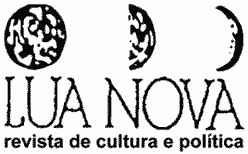To have a narrative on Brazil's democracy necessarily implies to know authoritarian constitutional practices after 1964. This apparent paradox is soon solved as far as authoritarian constitutional practices discloses the framework of an arbitrary time, which, somehow remains in Brazil. It is from the identification of dictatorship's gears that one is able to verify the biggest challenges and risks to Brazilian democratic constitutionalism and its consolidation. This article analyzes Brazilian constitutional (dis)order engendered by the military regime - and its legal scholars - in order to understand in which measure this (dis)order has been meaningful in post authoritarian transition.
Dictatorship; Democracy; Constitutional (Dis)Order
